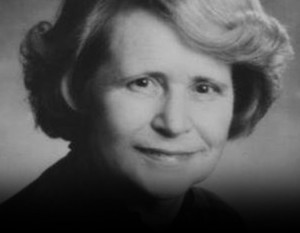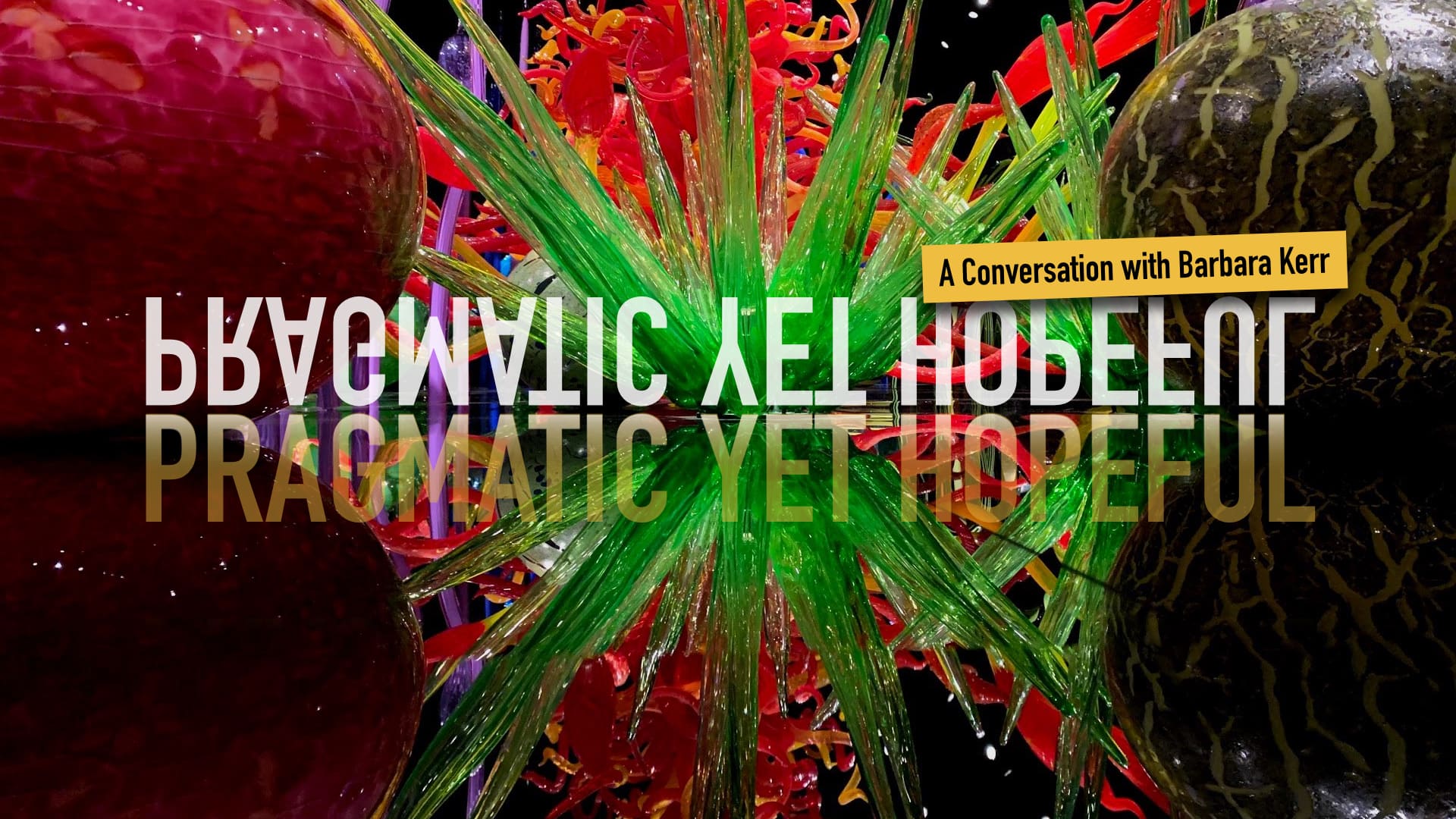 Dame Kathleen Ollernshaw was deaf since the age of 8. Despite this she had an amazing life as a mathematician, amateur astronomer, politician (she served as mayor of Manchester as well as in the Thatcher administration) and mother. To learn more about her read this story on the Scientific American website, titled Centenarian Dame Kathleen Ollerenshaw—Conqueror of Magic Squares, Rubik’s Cube and Mauna Kea. People with diverse interests like this always fascinate me (maybe it is because I am that way as well – though clearly not at the level of Dame Ollernshaw). You should read the article in full but I am highlighting some quotes that stood out for me.
Dame Kathleen Ollernshaw was deaf since the age of 8. Despite this she had an amazing life as a mathematician, amateur astronomer, politician (she served as mayor of Manchester as well as in the Thatcher administration) and mother. To learn more about her read this story on the Scientific American website, titled Centenarian Dame Kathleen Ollerenshaw—Conqueror of Magic Squares, Rubik’s Cube and Mauna Kea. People with diverse interests like this always fascinate me (maybe it is because I am that way as well – though clearly not at the level of Dame Ollernshaw). You should read the article in full but I am highlighting some quotes that stood out for me.
For instance, the article speaks to her approach to learning, an approach she calls “subliminal learning.” To me this is akin to Yo Yo Ma who says that he often practices without his musical instrument (just using his fingers and his mind). As it turns out this is something many creative people (artists, sportsmen, authors, scientists) do. The continually run simulations of performance, honing their skills and arguments just by playing them out in their minds.
She would think about a problem before going to sleep, tracing important aspects of it out with her fingers, and the answer would be “written” on a wall or the ceiling in the morning. (She wrote that she also applied this technique to skating and skiing, two of the many sports she loved.)
Most importantly were the wide range of interests she has – and the playful manner in which she approached what she did. Her success shows that she took her work seriously – but yet maintained a sense of perspective and balance. For instance the article says that:
She wrote that her domestic ambitions and interest in sports kept her from paying as much attention to her studies as she might have. “I spent too much time playing hockey and going with Robert [her husband] to dances,” she wrote.
Through all this, she kept her mathematics up though her career was quite different from someone in academia. What stood out in the quote below is how despite all the different things she did, mathematics was her true love. It is something that …
… has always permeated her life. It is the way she approaches the world. “Every true mathematician sees mathematics everywhere—in a child’s swing or a pendulum, in the outline shape of a tree and that of its leaves, in the clouds,” she wrote. Both asking the right questions and finding the answers always excited her. “When I found a good mathematical result, I jumped around in glee with Charles, then about four. If we then went out for a walk, he would stop people we knew with a proud announcement: ‘Mother’s got a sum right, mother’s got a sum right,’” she wrote.
This ability to see mathematics everywhere, to me is the sign of a true mathematician. This is something I always try and tell the teachers I work with. If you are a music teacher, every sound has meaning and resonance for you (not just the musical notes you read on a paper). If you are biologist you should see biology and evolution everywhere. The main point being, if the subject is not alive for you, how do you expect to make it come alive for your students.
You can read the entire article here.




“This ability to see mathematics everywhere, to me is the sign of a true mathematician.”
This may be true, but most mathematicians I know dont actively look around for mathematics everywhere. When they do study something, they will think mathematically, which is natural because that is all they know.
Dr. Punya,
I really enjoyed this article. As a first year PhD student, I also look for ways to incorporate things creatively…I enjoyed the following quote, “The main point being, if the subject is not alive for you, how do you expect to make it come alive for your students.”
Kindly,
Tiffany Caesar